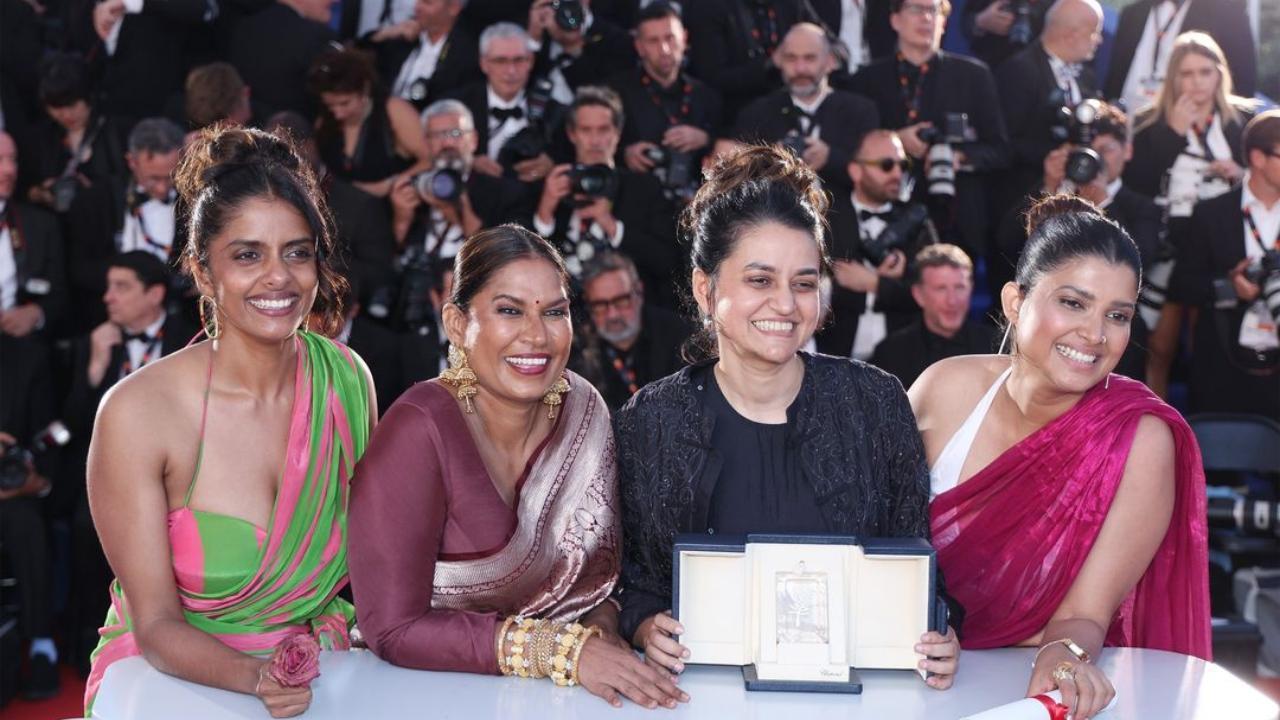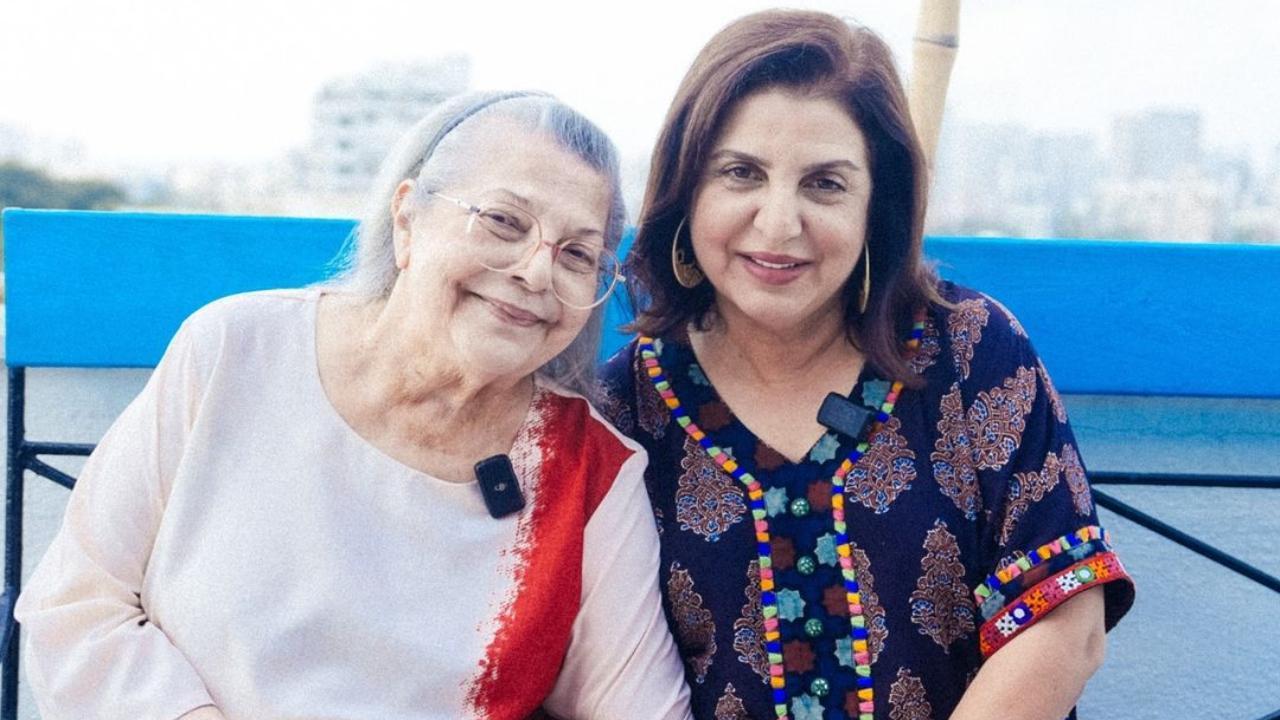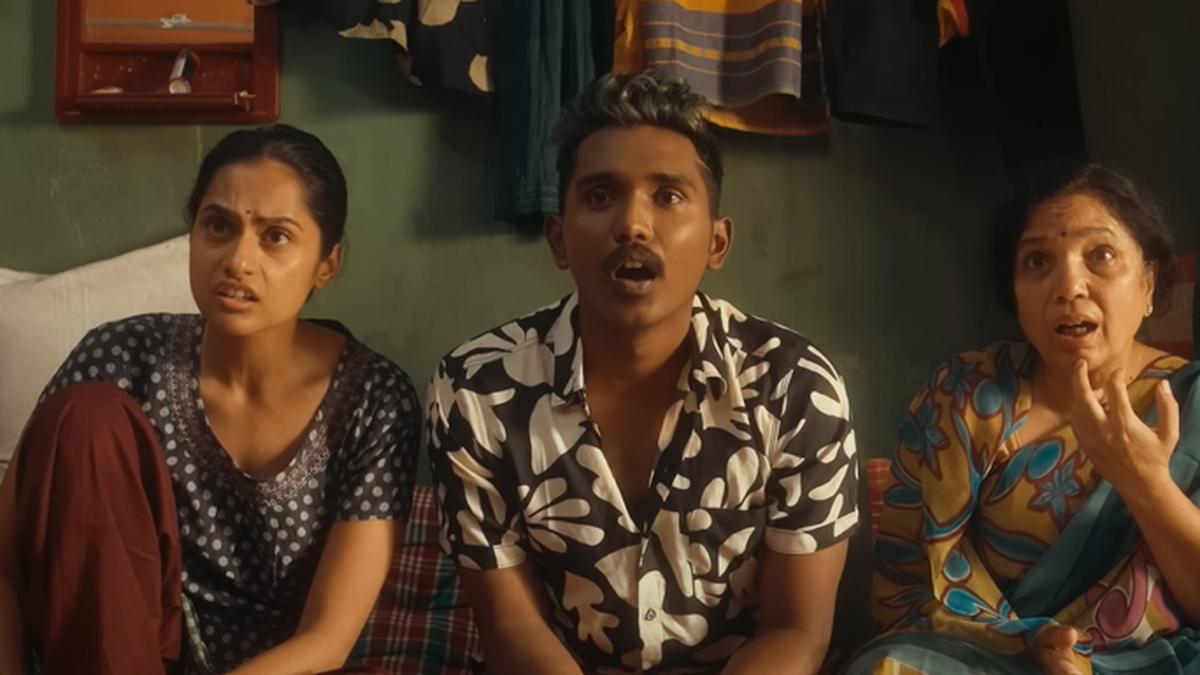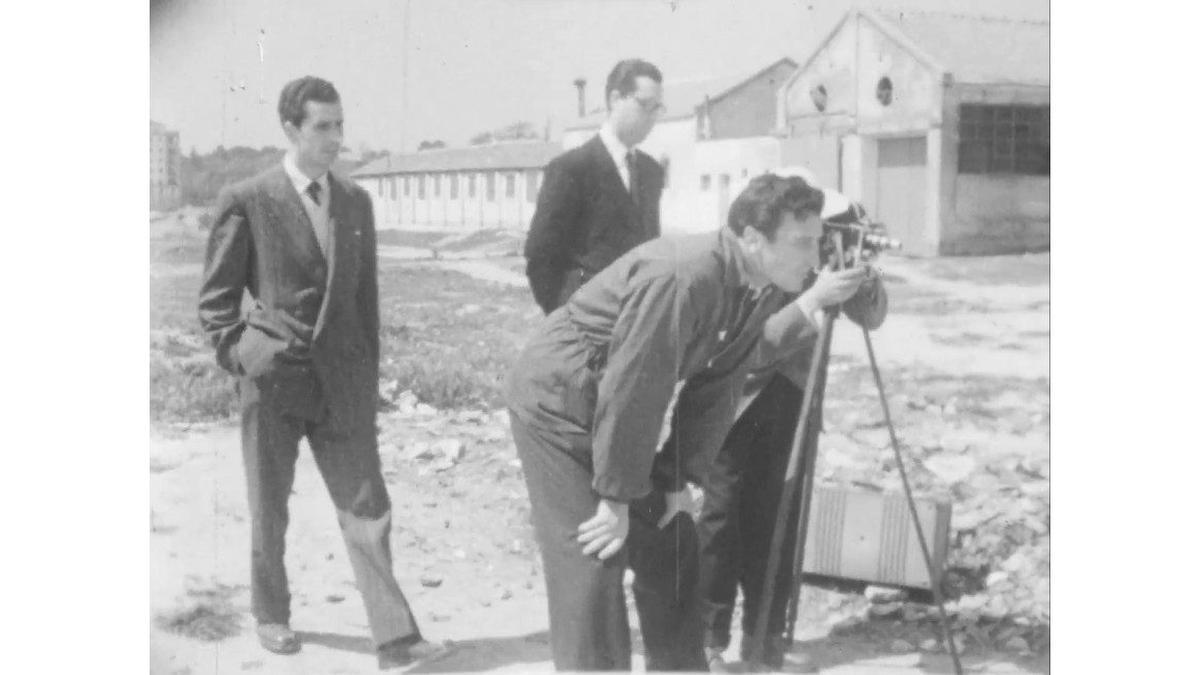
As the curtains fell on the 77th edition of the Cannes Film Festival at the picturesque French Riviera, a wave of jubilation swept through the Indian film community. India clinched a significant honor as Payal Kapadia’s film, “All That We Imagine As Light,” was awarded the prestigious Grand Prix, marking a historic day for Indian cinema.
On the final day of Cannes 2024, Payal Kapadia’s “All That We Imagine As Light” emerged victorious, capturing the Grand Prix. This remarkable achievement is even more noteworthy as it is the first time in three decades that an Indian film has been selected for the main competition for the Palme d’Or. The film features stellar performances by Kani Kusruti, Divya Prabha, and Chhaya Kadam, and intricately weaves a story of female friendship set against the bustling backdrop of Mumbai.
In her emotionally charged acceptance speech, Kapadia emphasized the core message of her film. “This film is about the friendship between three different women. Often, women are pitted against each other, reflecting the unfortunate design of our society. For me, friendship is a significant relationship that can lead to greater solidarity, inclusivity, and empathy toward one another. These are the values we should always strive for,” she declared, receiving robust applause from the audience.
The celebration of this win was not confined to the festival venue; it spread like wildfire across social media platforms, with prominent figures from the Indian film industry expressing their exhilaration and pride. Filmmaker Anurag Kashyap was among the first to congratulate Kapadia and her team. He took to Instagram, sharing a heartfelt post about the win, calling Payal a symbol of ‘hope and inspiration.’
Richa Chadha joined the chorus of praises, taking to Twitter to share her joy. “HISTORIC!!! 🥹 Just beaming from this news! Congratulations to Payal Kapadia, Ranabir Das, Kani Kusruti, Divya Prabha, Hridhu Haroon, Chhaya Kadam, and the entire team of ‘ALL THAT WE IMAGINE AS LIGHT!’ Just overjoyed! Independent filmmaking at any point is hard, but now it’s actively scuttled. Winning a GRAND PRIX is incredible — just thrilled.”
The sentiment echoed through Writer-director Varun Grover’s words, as he posted his reaction on Twitter.
. “Unbelievable day for Indian cinema. An independent filmmaker from the much-criticized FTII, whose first film was a poetic love letter to the idea of dissent in a democracy, has won the second highest honor at the biggest film festival in the world. Payal Kapadia’s ‘ALL WE IMAGINE AS LIGHT’ wins GRAND PRIX. It’s magical to see four Indian women on stage at Cannes. Dissent, in art and in life, is a tough path to choose. But sometimes, it creates magic.”
Joining the celebration, several other notable figures in Indian cinema, such as Parvathy Thiruvothu, Tovino Thomas, and Farhan Akhtar, shared their excitement and congratulatory messages on social media. Parvathy Thiruvothu expressed her pride in an Instagram post lauding the film and the team behind it, while Tovino Thomas echoed similar sentiments, congratulating Payal and her team for their monumental win. Farhan Akhtar’s post also highlighted the pride and joy that this win brought to Indian cinema, extending his heartfelt congratulations to the entire team behind “All That We Imagine As Light.”
Veteran actor Mammootty joined the online celebrations with a tweet, “Making Indian Cinema Proud. What an amazing achievement. Congrats to Payal Kapadia, Kani Kusruti, Divya Prabha, Chhaya Kadam, and the entire team of ‘All We Imagine as Light.'”
This victory at Cannes is a significant milestone in the landscape of Indian cinema, especially for independent filmmakers who strive against numerous challenges. Kapadia’s win sheds light on the power of storytelling and the significance of friendship, solidarity, and empathy in an ever-divisive world. The collective joy from the Indian film community is not only a celebration of Payal Kapadia’s success but also an acknowledgment of the strides Indian cinema continues to make on the global stage.
Payal Kapadia’s “All That We Imagine As Light” has undoubtedly scripted a new chapter in the annals of Indian cinema, serving as a beacon of hope and inspiration for future filmmakers. As the celebrations continue, the reverberations of this monumental win are sure to inspire a generation of storytellers to dream big and strive for excellence, regardless of the obstacles in their path.










